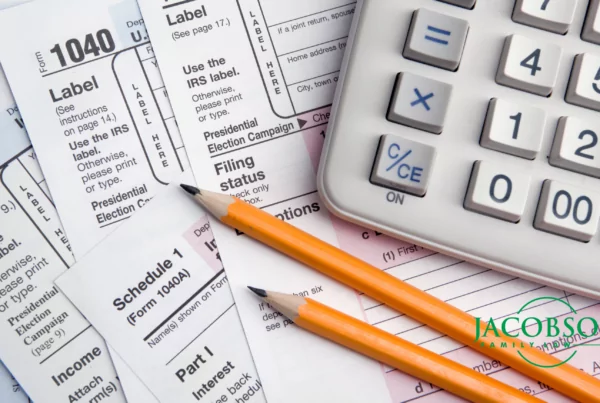
The collaborative divorce process is a client-centered form of alternative dispute resolution, which enables clients, with the help of their attorneys and supporting professionals, to create positive outcomes in a divorce or separation. These collaborative divorce professionals, who may not be available in litigation or mediation settings, are better equipped to support families through a divorce. The collaborative divorce process encourages families to identify and look towards their long-term goals in what is ultimately the best interest of the family as a whole. Collaborative divorce seeks to help the clients find positive solutions by encouraging them to transparently work together in good faith negotiation in a way that differs from highly litigated divorce cases.
Who are the Professionals involved in Collaborative Divorce?
The collaborative “team” includes the clients and each of their collaboratively trained attorneys. The collaborative team can also include any of the following professionals on an as-needed basis:
- Collaborative Coach/Child Specialist – Typically, each collaborative divorce team has at least one, and possibly two, divorce coaches. A divorce coach is a mental health professional with many years of experience in working with families going through transitions such as separation and divorce. They have specific knowledge in child development to assist clients in creating parenting plans that are in the children’s best interests.
- Parenting Coordinator – In some situations, clients need assistance in making decisions and communicating after their divorce has been granted. In these circumstances, a parent coordinator may be particularly helpful.
- Financial Neutral – A financial neutral can assist the clients in determining the value of a family business, complex tax matters, alimony and/or child support. The financial neutral can help the clients evaluate their financial situation and to develop creative financial solutions.
- Real Estate Agent/Mortgage Broker – If the clients own real estate, the team may need to include a Real Estate Agent to list the property for sale or a mortgage broker so that one party can refinance or buy-out the other party’s interest in the property.
What Makes the Collaborative Divorce Process Different?
Collaborative divorce differs from mediation and other alternative dispute resolution processes in that the members of the collaborative divorce team sign a “Participation Agreement,” which outlines the terms of the process. The clients and professionals agree to work cooperatively to gather all information needed to reach an agreement, including developing the interests of each client. The collaborative divorce team agrees, from the beginning, that they will timely produce all necessary information and documents and that hiding documents or unnecessary delays will not permitted.
In the unlikely event an agreement cannot be reached during the process, the attorneys and other professionals will withdraw from the case and new attorneys will proceed with litigation.
Is the Collaborative Divorce Process For You?
Collaborative divorce cannot be used in every case. Specifically, collaborative divorce may not be successful for high-conflict matter or overly contentious individuals. However, if you and your partner are committed to working in a positive environment towards solutions outside of court, the collaborative divorce process may be for you.
Contact a Jacobson Family Law Collaborative Divorce Attorney to learn more about the collaborative divorce process and if it is a right fit for you and your family.




